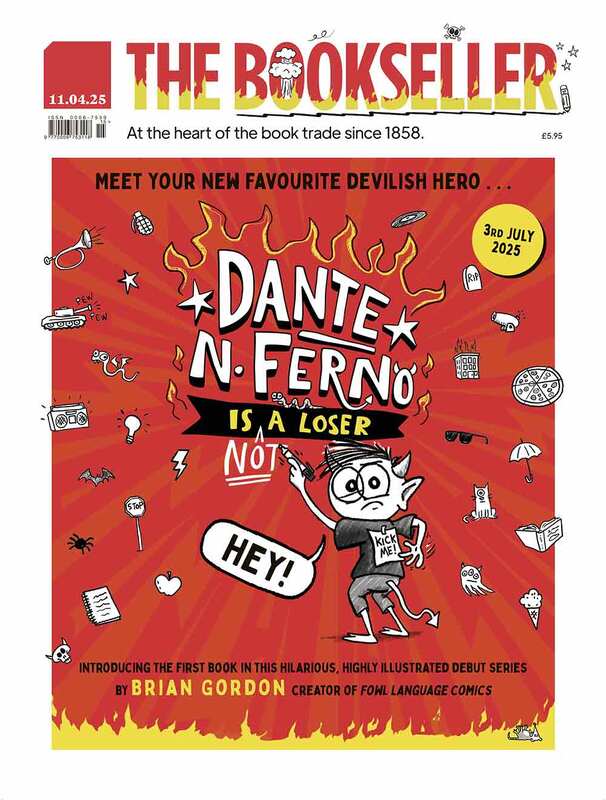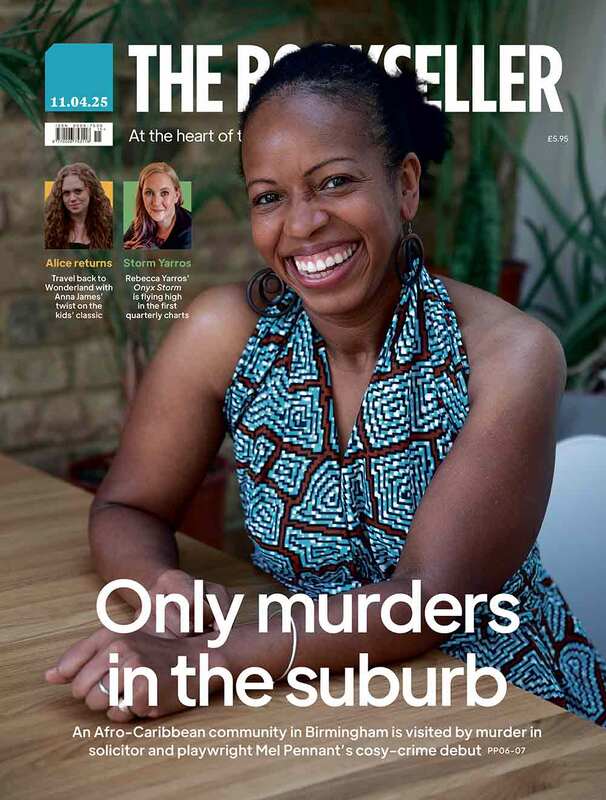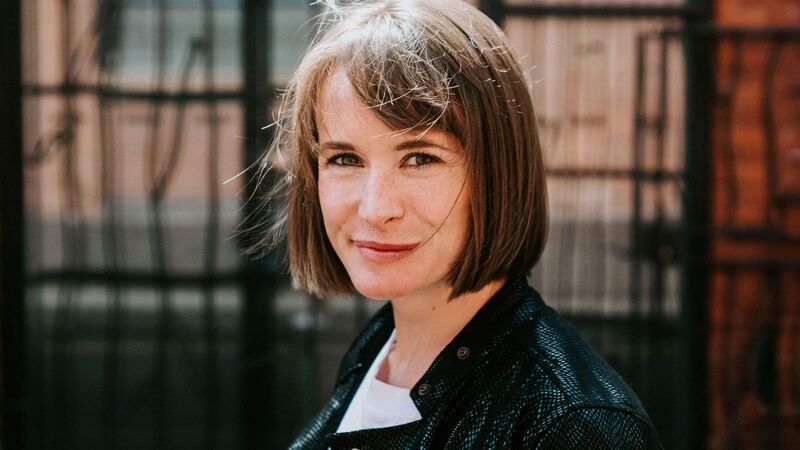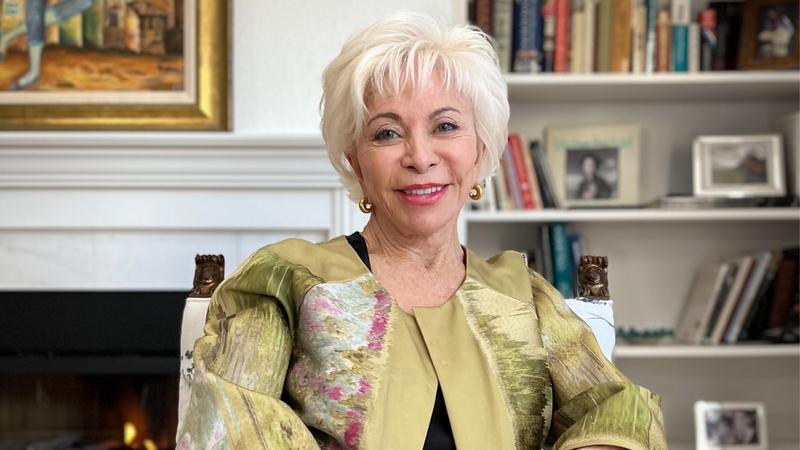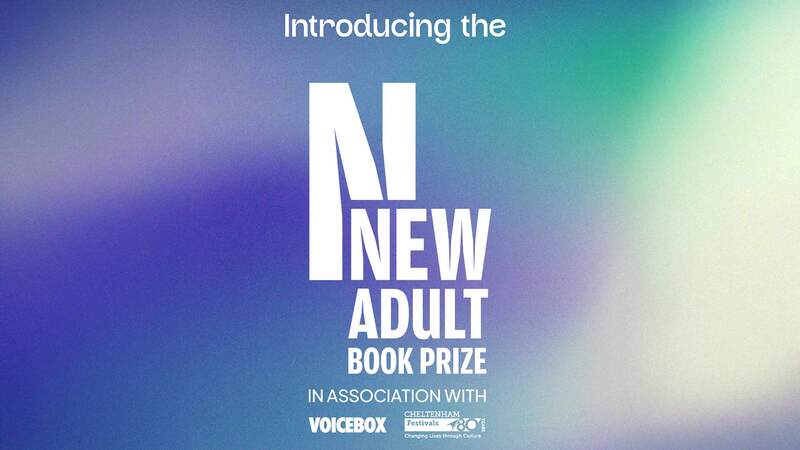You are viewing your 1 free article this month. Login to read more articles.
Shukla: diversity 'is not a marketing trend'
Diversity is "not a marketing trend” and publishers should not "dehumanise" readers or black, Asian and minority ethnic (BAME) authors when acquiring and marketing their work, Nikesh Shukla, author and editor of The Good Immigrant (Unbound) has told delegates to The Bookseller's Marketing and Publicity Conference on Tuesday (13th June).
Delivering a case study of the publication of The Good Immigrant alongside agent Julia Kingsford and Unbound's head of publicity Amy Winchester, Shukla said that the “really simple” reason that The Good Immigrant was successful was because “it had to be a success”.
“You only get one chance when you’re a BAME writer, ask any of them, they've all been told the same thing by publishers when they're rejected: 'we’ve already got an Asian writer on our list' or 'we've already got a black writer', as if we’re all some sort of homogenous group of people, with similar backgrounds and experiences. So when [The Good Immigrant was published], we weren’t going to throw away our shot”.
Shukla continued: "It reminds me of a rejection I once got for a novel. I was told that people don’t really read or buy books by BAME writers, which is doubly insulting. My skin colour is not a marketing trend - and it's also not an unlucrative marketing trend. Diversity is not 'so hot right now'. It's not on trend. If this current moment we are having of seeing unrepresented people getting published goes away next week, I’ll still be brown”.
Shukla advised publishers to treat BAME audiences as "humans" when engaging with them. "Treat us as you would yourself", Shukla said. “Don’t dehumanise me or [BAME] readers."
Discussing the marketing campaign behind the essay collection, Winchester said it represented the "perfect marriage between the book and the [Unbound] method of publishing".
"Like Unbound, The Good Immigrant is about a group of people coming together to create something new, and smash old hegemonies. Everything we publish starts life as a grassroots campaign", she said. "The Good Immigrant wouldn’t exist without all 1,323 people who gave their money for an idea. When the book finally hit shops, it had an army of advocates who were thrilled to have been part of something, and that feeling is contagious."
Winchester added that this initial buzz is something that traditional publishers are able to replicate: "You have that moment too, at acquisition - when a project you’re excited about gets the green light and you know that in a year’s time it’ll exist as a physical thing. Make more of your acquisition stories - don’t wait to find fans when you publish, but rather set about creating fans when you first buy something." Winchester cited the hashtags #proudchildofanimmigrant and #thegoodimmigrant, which created social media buzz before the book came off the press.
Kingsford added that the campaign for The Good Immigrant was the longest she'd ever worked on as it started from the moment Shukla phoned her up with the idea. She said that a key moment was when the list of books selected for World Book Night was released and did not contain a title by a BAME author. This prompted Shukla to pen a "powerful" piece in The Bookseller, which "kickstarted campaigning before the crowdfunding even began".
The timing for the campaign also encompassed Brexit which saw a "genuinely dramatic change in how immigration was talked about in this country", which fed into the conversation around topics discussed in The Good Immigrant, Kingsford said. She advised publishers to be aware of the news and consider how a title can fit into the wider news agenda.
Kingsford also told delegates to "never ever be shy to tell people to buy the books you're working on". She said: "We should care as much about every book that we publish as we do about [The Good Immigrant]. All the books we publish are amazing. [We should be telling people to] buy the book."

